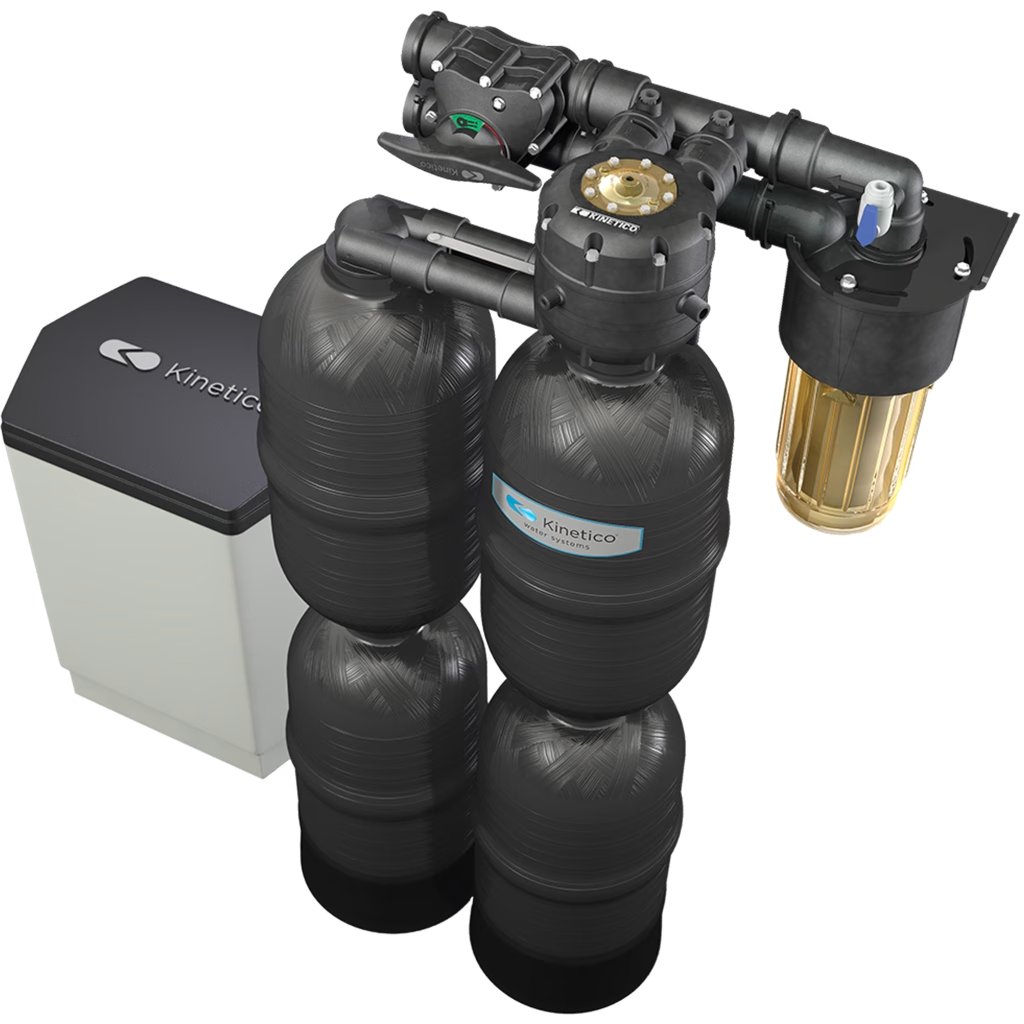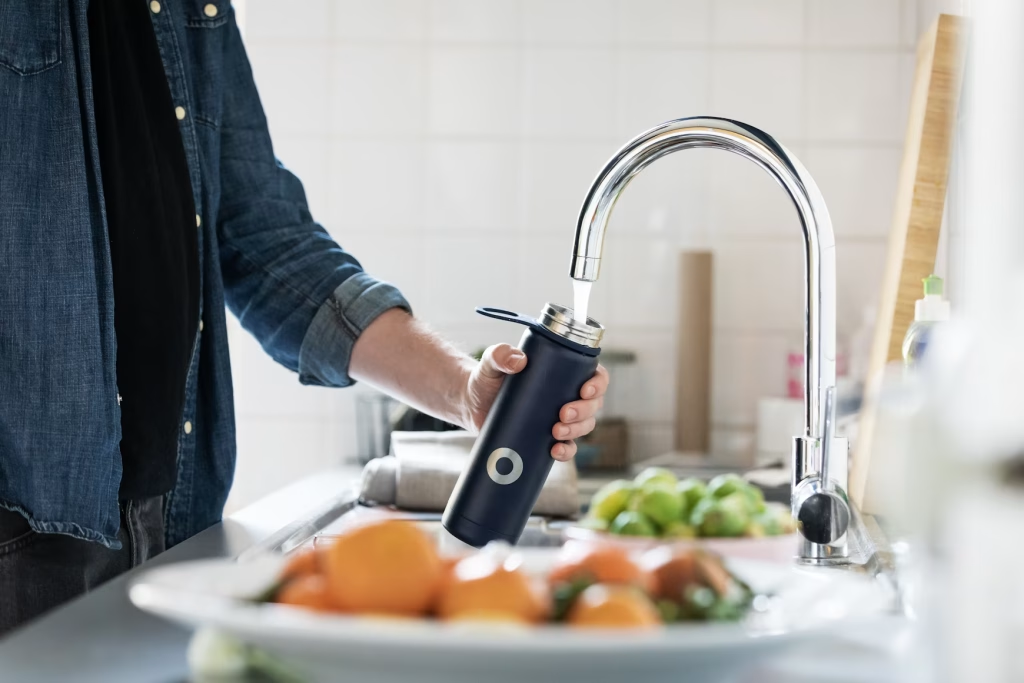
What’s in your Water?
For too many Americans, turning on their faucets for a glass of water is like pouring a cocktail of chemicals. Lead, arsenic, the “forever chemicals” known as PFAS and many other substances are often found in drinking water at potentially unsafe levels. EGW’s tap water database is a free online tool to tell you what’s in your water.
Frequently Asked Questions
Your city water supplier is not required to provide you with soft water. Many municipalities reduce the amount of hardness to some degree. But according to the U.S. Geological Survey, 85 percent of American homes are still supplied with hard water. Your city is required to provide you with water test results that show water hardness; just call the number on your water bill. Compare the figure they give you to the Water Quality Association hardness classification system to see if you have hard water.
Many people that use city water choose to soften it to save money on soaps and cleaners. This helps protect their plumbing systems and appliances from scale buildup, provide better water for bathing and eliminate hard water spots.
Over 85% of the United States has hard water. Since hardness is really dissolved rock, the average family of four will have more than 15 pounds of rock per year in their water for each grain of hardness.
These mineral deposits in your home from hard water can:
- Ruin water bearing appliances (cutting the life of washing machines, dishwashers, and hot water heaters by up to 50%)
- Increase energy costs for water heaters by 33%
- Destroy faucets and fixtures (costing hundreds of dollars to replace)
- Buildup scale on fixtures and shower doors
- Clog plumbing (re-piping your home costs thousands of dollars)
- Produce cloudy ice cubes
- Make unsightly rings in the toilet and bathtub (soap scum)
- Dry out skin and hair
- Leave spots and stains on dishes and silverware
- Turn white fabrics gray, fade colored laundry, and cause towels to feel hard and stiff
- Require additional cleaning time and the use of environmentally unfriendly cleaning products with phosphates/water softening agent
When Daylight Saving Time arrives in spring and fall, it’s smart to check on your water softener’s clock to ensure that it’s set to the correct time. This not only makes the equipment “spring forward” or “fall back” with you but also helps you catch accidental changes due to power outages. If your single tank system has the wrong time, it might end up regenerating in the middle of your morning shower! To adjust your softener’s clock, check out your owner’s manual for instructions, or give us a call and we can walk through it together. Every softener is slightly different, so yours might use an app, a digital display, or even an analog clock to set the time. Or if it’s been a while since you’ve had your equipment serviced, schedule a visit from the Water Doctors team!
When you wash in soft water, you feel your skin the way it’s supposed to feel, clean and silky smooth. According to the U.C. Berkeley Wellness Letter, when you wash in hard water, the soap you’re using reacts with the hardness minerals in the water “to form an insoluble residue that’s difficult to wash away.” The “squeaky” feel/sound many people associate with being clean is, in fact, your skin sticking because of this residue. Soft water rinses your skin and hair better than hard water and doesn’t leave a soap or shampoo residue behind. People that use soft water consistently enjoy the “truly clean” feeling they get when washing with it.
Explore the tap water database to learn more about what pollutants have been found in your local tap water, just search by zip code: Visit ewg.org/tapwater/

World’s Most Efficient Water Softener:24/7 Soft, Chlorine-Free Water
Experience the brilliance of Kinetico’s non-electric Q850XP water softener, specifically designed for municipal water, offering unparalleled reliability and peace of mind. Protect your appliances, plumbing, and clothing from stains and scale buildup, while saving time and money with reduced detergent and soap usage. Kinetico’s dual-tank system ensures a continuous supply of soft, chlorine-free water, perfect for even the most demanding households. With precision setup tailored to your specific water conditions and a high flow rate that keeps up with your home’s needs, Kinetico offers the world’s most efficient water softener. Plus, enjoy the benefits of softer hair and skin, all backed by a Platinum 10-Year Limited Warranty for lasting dependability.
Contact Us
Get in touch for expert advice and support!
Get a Free Water Test
Schedule a free consultation in your home or office with our team of experts today!
